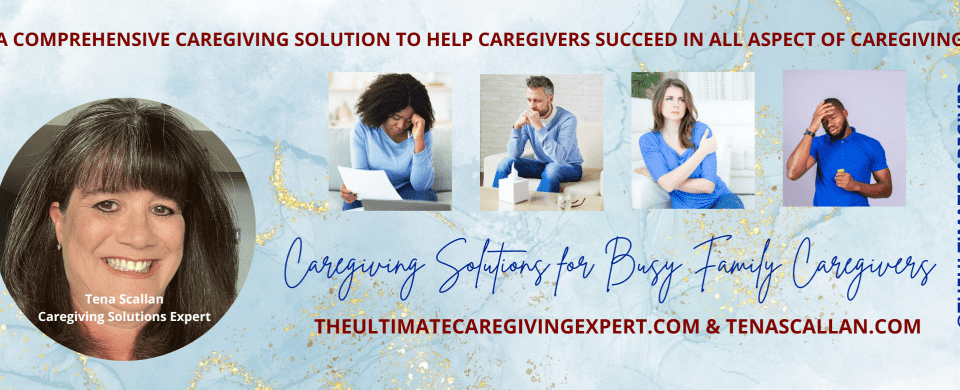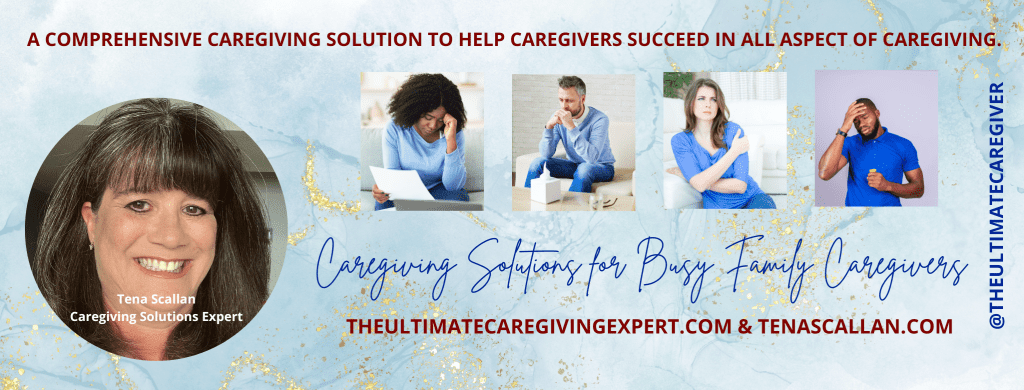It is one of the most common lower urinary tract symptoms bothering the elderly population. The need to get up frequently at night to urinate is irritating and disturbs the sleep of our elderly loved ones. Nocturia, however, is often overlooked as the leading cause of sleep disturbance in older adults. Not just rest disturbance, Nocturia is also significantly associated with daytime tiredness, evident from a night of disturbed sleep. Many problems can occur because of it, like falls, injuries, and even mortality. All these conditions gravely affect the quality of life of our elderly loved ones. We are making them prone to depression, isolation, and cognitive impairment.
At least 1 in every three adults aged 30 years and above can suffer from this condition.
Types of Nocturia
-
Nocturnal polyuria: There is excessive production of urine at night.
-
Global polyuria: The body tends to produce excessive urine both during the day and at night.
-
Low nocturnal bladder capacity: The bladder cannot hold high amounts of urine at night.
-
Mixed Nocturia: Mixed Nocturia combines the three forms mentioned above.
Nocturia and sleep disturbance in the elderly
Causes of Nocturia
- Diabetes mellitus or diabetes insipidus
- Anxiety
- Heart disease
- Kidney disease
- Insomnia
- Edema
- Neurological disorders
- Bladder prolapse
- Congestive heart failure
- High blood pressure
- Sleep disorders
- Restless leg syndrome
- Vascular disease
Other causes
-
The problem of an overactive bladder
-
Certain medications, such as diuretics, require your elderly to pee too much
-
Behavioral problems
-
Alcohol
-
The habit of drinking too many fluids before sleeping
-
The phenomenon of fluid redistribution
-
Diminished nocturnal bladder capacity is a condition wherein your bladder doesn’t have enough capacity to hold the urine the body produces. As a result, you need to stay awake at night to void.
Dealing with Nocturia
Treating Nocturia in elderly
Tips for managing nocturne
-
Ask your elderly not to drink fluids right before sleeping. This means they need to have their last drink at 8 pm if they go to bed by 10 pm. Drinking fewer fluids at night certainly does not mean your elderly can drink fewer fluids throughout the day. They must consume the recommended daily allowance of liquids unless otherwise advised by the doctor.
-
Restrict the number of caffeinated drinks throughout the day. Such drinks not only disturb sleep but are also known to irritate the bladder.
-
Certain medications contain diuretics, which cause the body to produce more urine. If your elderly is under such medicines, it is best to ask the doctor for an alternative.
-
If your elderly have swollen ankles, it could mean that they have fluid retention. In such cases, you can ask them to lie down and rest for at least an hour during the day. Compression stocking can also help lessen the swelling in the ankles and improve blood flow. In addition, such measures will release the fluids and not cause any trouble during the night hours.
Caregiving group
Caregiving can be challenging, frustrating, and highly stressful!
But it doesn’t have to be that way.
I will tailor the sessions to your specific needs to:
Additional Education
Education in caregiving refers to acquiring the knowledge, skills, and understanding necessary to provide care for individuals who require assistance with activities of daily living, such as bathing, dressing, eating, and grooming. This education can be obtained through formal programs or on-the-job training and experience. Education in caregiving aims to equip individuals with the skills and knowledge necessary to provide high-quality, compassionate care for those in need.
Caregiving can be challenging, frustrating, and highly stressful!
But . . . it doesn’t have to be that way.
Imagine . . .
- Giving care with expertise and confidence
- Managing your loved one’s daily activities in an organized and structured way
- You follow a proven caregiving system that provides for your loved one’s needs while giving you peace of mind.
If the above sounds like what you need and have been searching for desperately . . . Then you need to enroll in The Ultimate Secrets to Caregiving with LESS Stress and MORE peace course!



